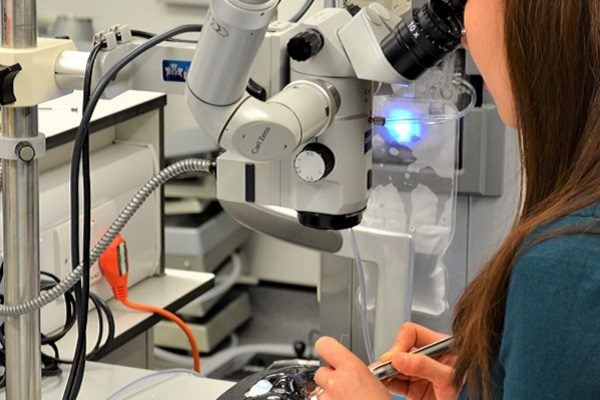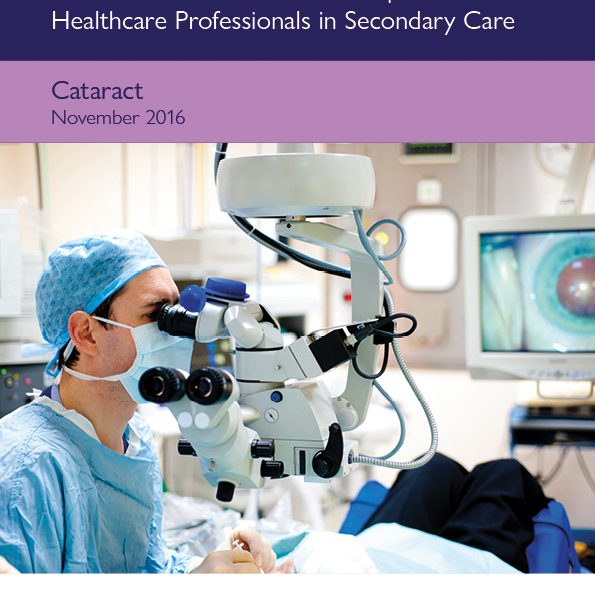
Our priorities for 2024: Securing sustainable ophthalmology services
As we enter an election year, it is imperative we build on the momentum from 2023 to strengthen ophthalmology services, training and research in the UK.
Read the latest RCOphth news updates and guidance here.

As we enter an election year, it is imperative we build on the momentum from 2023 to strengthen ophthalmology services, training and research in the UK.

Despite important progress over the last two years, cataract surgery training opportunities in independent sector providers remain limited and in some areas – including the South West of England and London – there is no training at all in the independent sector, insights from our Ophthalmologists in Training Group (OTG) indicate.

The influential thinktank Reform has published a report highlighting the scale of follow-up backlogs in England, with ophthalmology the specialty with the most patients waiting for follow-up appointments. RCOphth Policy Manager Jordan Marshall summarises the key points from the report and what needs to happen next.

The Royal College of Ophthalmologists has written to Health Minister Will Quince MP to express our support for the extension of independent prescribing responsibilities to orthoptists. The British and Irish Orthoptic Society has previously advocated for these responsibilities, including in a letter to the Secretary of State.

The Government’s Elective Recovery Taskforce has announced several actions aimed at increasing capacity in England in its implementation plan, especially through expanded independent sector involvement in the delivery of NHS services. While the measures, analysed in this article, represent an important acknowledgement of the need to urgently expand capacity and aspects of the plan can help ophthalmology if implemented effectively, to make a real difference policymakers must prioritise properly investing in NHS services and its workforce and infrastructure.

The Department of Health and Social Care has today published its Elective recovery taskforce implementation plan. The plan covers England and focuses on ‘increasing the use of independent sector capacity across a broader range of specialties, helping to get NHS waiting times down and ensuring every patient can realise their right to choose where they receive their NHS care’.

The Academy of Medical Royal Colleges (AoMRC), in partnership with NHS England, has published a new set of ‘evidence based interventions (EBI)’ including measures for ophthalmology. The guidance aims to increase ophthalmic capacity in England by improving efficiency in the referral pathways for diabetic retinopathy, glaucoma and cataracts into hospital eye services. Implementing these changes will require clinicians and commissioners to work closely together, ensuring effective pathways are developed that are properly resourced.

NHS England has published a Long Term Workforce Plan which sets out actions over the next 15 years aimed at tackling the NHS workforce crisis in England. RCOphth Policy Manager Jordan Marshall assesses the implications for ophthalmology and the unanswered questions.

In November 2022, The Royal College of Ophthalmologists Paediatric Sub-committee held a series of focus groups to explore the challenges facing paediatric eye care and identify possible solutions to secure the future of the workforce. Following the conclusion of these focus groups, the RCOphth has produced ‘Improving the visibility of paediatric ophthalmology: A workforce report‘ detailing key findings

Following representations by RCOphth and other organisations, the government has taken the welcome step of confirming that sight testing will be expanded to all special schools from 2024/25.